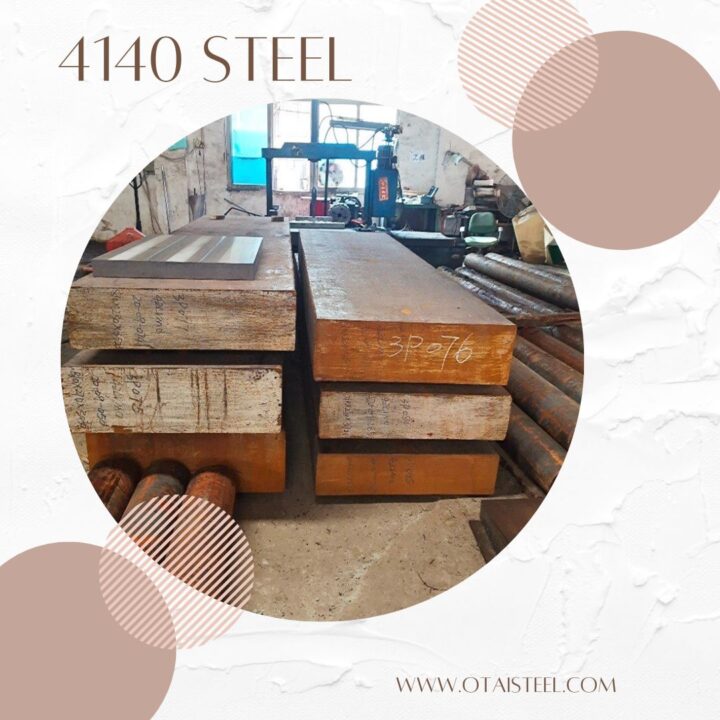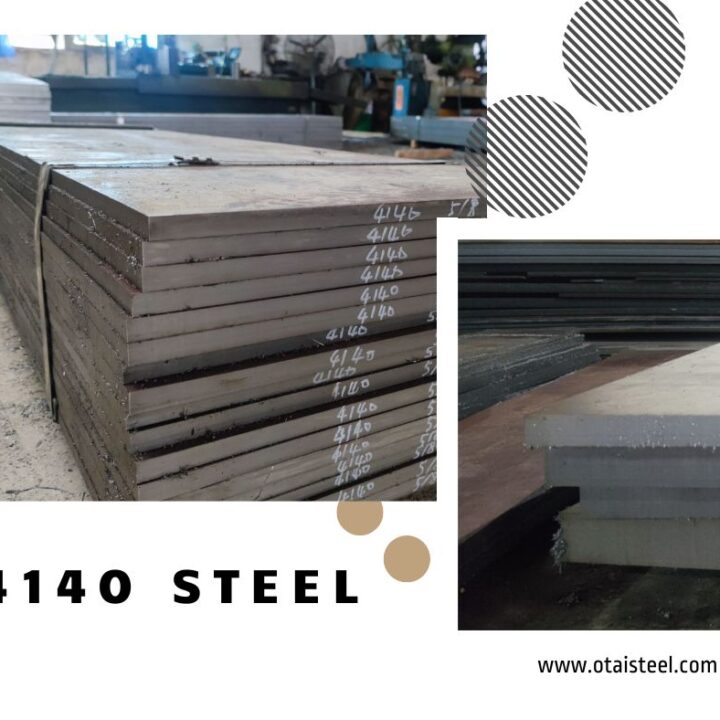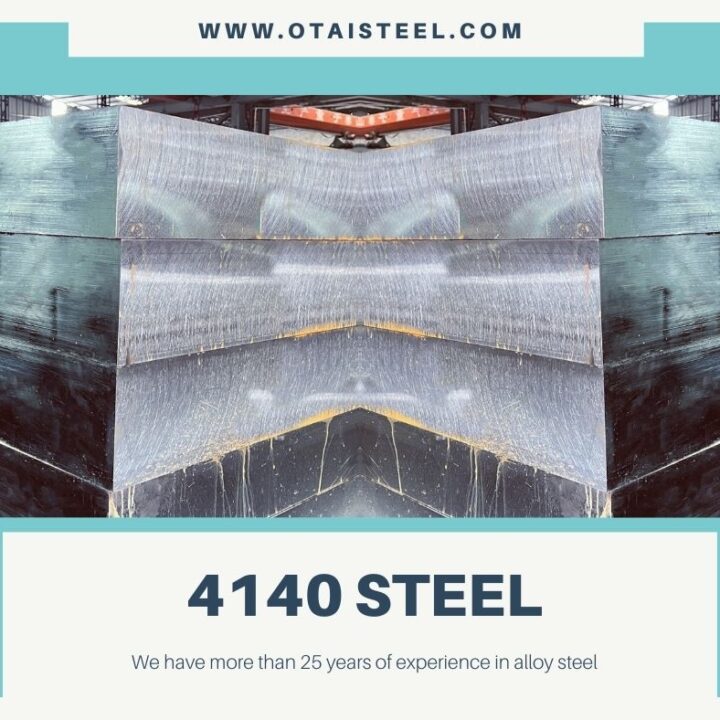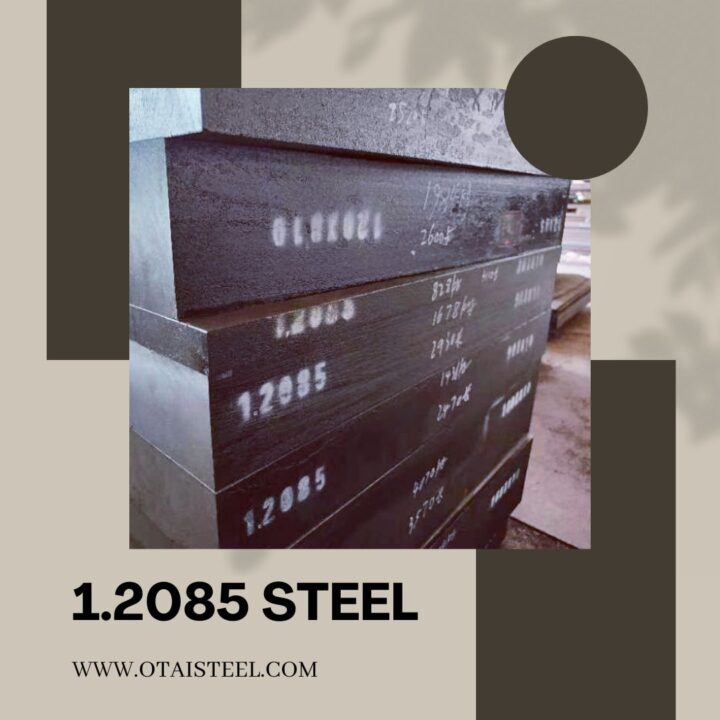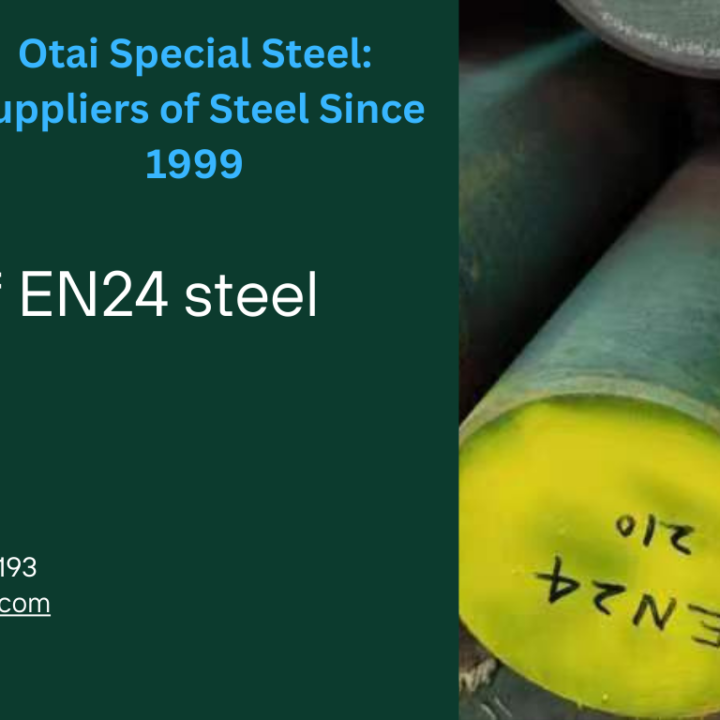Density is a fundamental physical property that describes how much mass is contained in a given volume of a material. In the context of steel, density indicates how heavy a certain volume of steel is compared to an equal volume of water. (Exploring the Density of 4140 Steel)
Calculating Density: The Formula
The density of a material is calculated using the formula:
Density = Mass / Volume
In the case of 4140 steel, the mass is the weight of the steel and the volume is the amount of space it occupies.
Exploring the Density of 4140 Steel: Factors and Considerations
The density of 4140 steel is influenced by its composition, which includes elements like iron, chromium, and molybdenum. The arrangement of these elements at the atomic level contributes to the overall mass and volume of the material.
Comparing 4140 Steel Density to Other Materials
Compared to some other commonly used materials like aluminum or titanium, 4140 steel has a higher density. This higher density contributes to its robustness and durability, making it suitable for applications requiring strength and toughness.
Significance of Density in Material Selection
Density is a critical factor when selecting materials for specific applications. Depending on the industry and the intended use, a material’s density can impact factors such as weight, load-bearing capacity, and overall performance.
Applications and Implications of 4140 Steel Density
Aerospace Industry
In the aerospace sector, where weight and fuel efficiency are paramount, the density of materials is of utmost importance. 4140 steel’s density makes it less suitable for applications that demand lightweight materials, but it finds use in parts requiring high strength and durability.
Automotive Sector
In automotive engineering, 4140 steel’s density is balanced against its strength. It’s utilized in components like crankshafts and axle shafts, where the trade-off between density and durability is carefully considered.
Toolmaking and Machinery
Density plays a role in the performance of tools and machinery. 4140 steel’s density contributes to the stability and effectiveness of tools used in machining and manufacturing processes.
Construction and Infrastructure
For construction equipment and structural components, density can impact load-bearing capacity and overall stability. 4140 steel’s density makes it suitable for parts subjected to heavy loads and stress.
Enhancing Density: Alloys and Manufacturing Techniques
Manufacturers can alter the density of steel by adjusting its composition through alloying. Certain alloying elements can increase or decrease the overall density of the steel, allowing for customization based on specific requirements.
Balancing Density with Other Material Properties
While density is a critical consideration, it’s not the only factor that determines a material’s suitability for an application. Engineers and designers must consider other properties like strength, corrosion resistance, and heat resistance to make informed decisions.
The density of 4140 steel is a key factor that contributes to its overall performance and suitability for various applications. While its density might limit its use in certain lightweight applications, it excels in scenarios where strength, durability, and robustness are essential.
